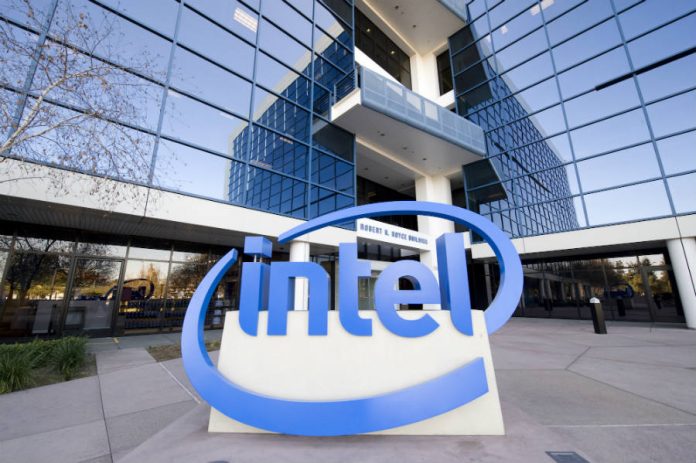
Intel presented their Silicon Photonics this Wednesday at the company’s Intel Developer Forum in San Francisco.
Intel first teased its capacity to inject data into chips through silicon laser more than six years ago. The silicon photonics transmission technology will give the ability to send data at 100 Gigabits per second, about 100 times faster than home Wi-Fi. According to Intel, the next generation of photonics will send data at 400 Gigabits.
The silicon photonics work with lasers and silicon chips, two of the most famous inventions of the 20th century. It builds lasers into computer chips, which means that communications occur using light to travel over glass fiber-optic cables, capable of sending and receiving more data than electrons on copper wires.
Silicon Photonics design the future of data centers
It works to eliminate data bottlenecks, something crucial now that the storage of information in the cloud is much more common. Intel hopes the technology will help speed up online services like Google Search and Facebook, whose business models rely on massive server farms.
Silicon Photonics is not only much faster, but it’s also more energy efficient. Every transceiver needs about 3.5 watts to work properly.
Intel’s Chief Technical Officer in 2010, Justin Rattner, was very surprised the first time he saw the technology. He said he envisioned photonic-enabled smartphones that have the ability to download HD content in seconds such as movies and TV shows.
“WE SEE A FUTURE WHERE SILICON PHOTONICS OPTICAL INPUT-OUTPUT IS EVERYWHERE IN THE DATA CENTER,” dais Intel’s Data Center Group general manager, Diane Bryant at the company’s forum this Tuesday.
She also announced data center customers could already order the company’s first Silicon Photonics 100G optical transceivers. The first transceivers started shipping in June, and there is no information about whether or not Intel is going to market its transceivers for consumer devices.
#Intel #XeonPhi Takes Aim At #Nvidia (Again) With New AI Chip And Baidu Partnership via @forbes https://t.co/4snIRu06dg
— Nirguna Sanjay Prakash Sahoo (@DrSanjayPSahoo) August 18, 2016
Intel is working on chips that enhance machine learning processes
The company is looking to have a bigger role in the development of artificial intelligence and revealed plans to have a line of chips.
On Wednesday, Intel told technology developers the company was planning to deliver a new version of the Xeon Phi processor next year with new features to accelerate tasks associated with artificial intelligence.
According to Intel, the technology is going to help accelerate deep learning, language interpretation, identification of objects in pictures and piloting autonomous vehicles.
Source:Intel










